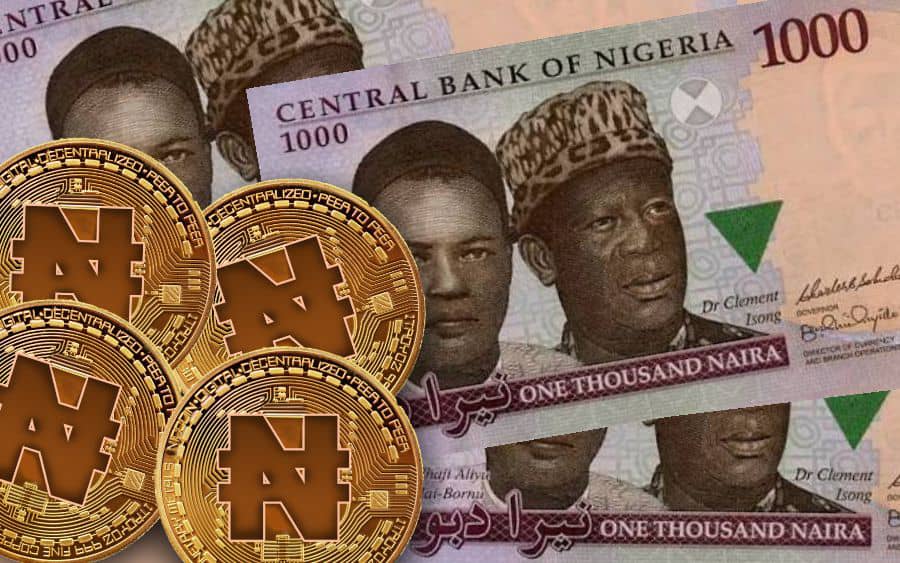With decentralised digital currencies like bitcoin becoming increasingly popular, the world’s central banks have – in the past two years at least – been working towards developing government-backed digital currencies.
Nigeria may pilot an official digital currency in 2021, going by the words of Rakiyat Mohammed, a Central Bank Director in charge of the Information Technology Department, who revealed on Thursday that the banking regulator will soon launch a digital currency.
A Central Bank Digital Currency (CBDC) represents a country’s official currency in digital form. As against printing money, the apex bank issues electronic coins and notes that are backed by the government, unlike existing cryptocurrencies.
The Central Bank of Nigeria has made “tremendous progress” exploring the technology for digital currency for over two years now, Mohammed revealed at a press briefing after a meeting of the Bankers’ Committee. “Before the end of the year, the Central Bank will be making a special announcement and possibly launching a pilot scheme in order to be able to provide this kind of currency to its populace.”
The announcement comes on the back of efforts by Nigerian authorities targeted at regulating the use of decentralised cryptocurrencies in the country. The apex bank in February directed all local banks to close accounts linked to crypto platforms.
Despite the clampdown, Nigerians continue to use digital currencies as a store of value and remittance tool and in a change of tone, the CBN governor later clarified that crypto trading is not banned in the country.
Why would the CBN get into virtual currencies?
According to the CBN director, about 80% of central banks in the world are currently exploring the possibility of issuing central bank digital currency and Nigeria could not be left behind.
China in April 2020 became the first major economy to pilot a digital currency and is working towards achieving a wide, domestic use of the digital yuan by the 2022 Winter Olympics in Beijing.
Last year, the Bahamas launched the world’s first central bank digital currency. Other countries where national digital currency trials are ongoing include Indonesia, Norway, Japan, Sweden and South Korea and in Africa, Egypt, South Africa, Ghana, Morocco and Kenya are exploring the technology’s feasibility.
Beyond just following the global trend, there are lots of potential reasons for the planned rollout of an official digital currency in Nigeria later this year.
The CBN director particularly cited the need to make remittances travel easier from abroad to Nigeria as one motivation. “We all know how money has to travel for someone to send money from Nigeria to abroad and it is a huge money in Africa,” Mohammed said.
When it eventually becomes operational, the digital currency will complement the existing forms of currency in the country and could help reduce the high cost of managing and transferring cash.
Digital currency could also boost financial inclusion as those unbanked can get easier and safer access to money through their phone. A recent report by the Enhancing Financial Innovation and Access (EFiNA) shows that Nigeria did not meet its financial inclusion targets for 2020 and at the current rate, they might not be achieved anytime soon.
“We know that the recent report by EFiNA was that our target was to achieve 80% financial inclusion. We are about 60% and at the rate at which we are going, we are not going to meet this target,” Mohammed said, adding that the Central Bank digital currency could “accelerate” the CBN’s ability to meet this target.
After the announcement, the apex bank will now explore technological options and engage various industry players, as well as move to the next stage of proof of concept to pilot the scheme, according to the CBN director.
If you enjoyed reading this article, please share in your WhatsApp groups and Telegram channels.




















